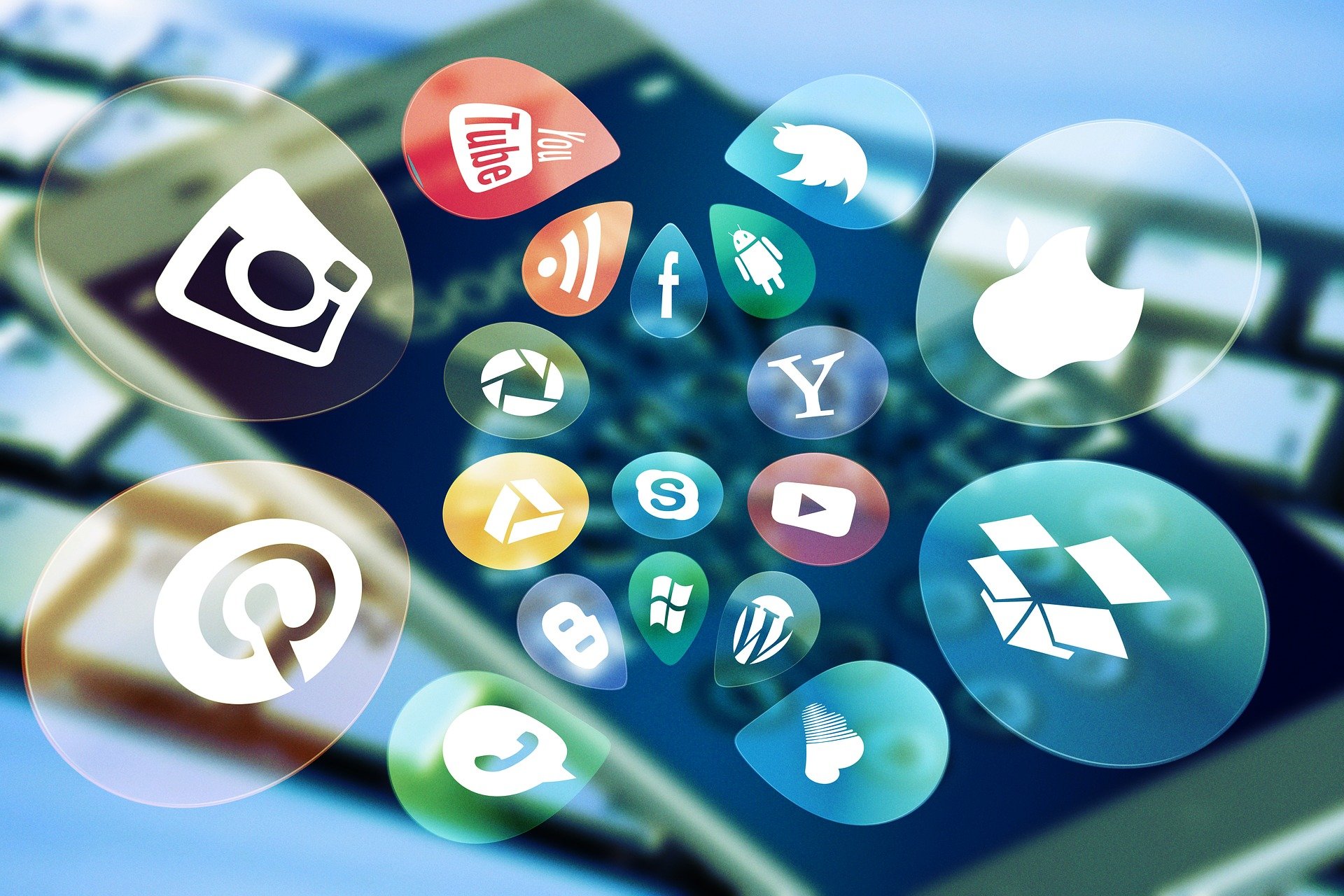Are you feeling overwhelmed and anxious about how much time you spend online? You may be surprised that social media use is likely a contributing factor. Recent studies have demonstrated the vital link between using social media and higher Anxiety, depression, and other mental health issues. To explore why social media dramatically impacts our mental well-being and outline strategies for reigning in its potential downsides while taking advantage of its positive aspects, visit zolpidemonlineuk.com. Understanding the connection between social media use and Anxiety allows us to make healthier decisions about our digital habits.
What is Anxiety, and How is it Linked to Social Media Usage
Anxiety is a feeling of unease and worry, often caused by anticipating an event or situation. It can be debilitating for those who suffer from it, impacting daily life and social interactions. The constant need for validation and comparison to others on social media can be overwhelming, leading to feelings of inadequacy and Anxiety. Social media usage can also disrupt sleep and lead to a lack of face-to-face social interactions, contributing to Anxiety. While social media can help you stay connected with others, it is essential to be mindful of its potential adverse effects on mental health.
How Social Media Impacts Mental Health
It allows us to connect with friends, family, and people worldwide. However, the excessive use of social media can negatively impact our mental health. Studies have shown that social media use increases loneliness, Anxiety, and depression. In addition, many individuals feel insecure and inadequate due to the constant comparison to other people’s highlights and filtered lives. Therefore, it is critical to establish healthy boundaries and limit our time on social media to maintain good mental health.
The Impact of Negative Comparisons on Mental Health
Constantly putting yourself down and feeling inferior to others can lead to feelings of low self-worth, depression, and Anxiety. With its carefully curated highlight reels and perfect photos, social media can be a breeding ground for unfavourable comparisons. It’s important to remember that everyone has unique journeys and struggles. Focusing on your progress and growth rather than comparing yourself to others is critical to maintaining good mental health.
Strategies for Managing Anxiety Caused by Social Media
As we navigate the ever-changing landscape of social media, it’s becoming increasingly common to experience feelings of Anxiety. This is because social media can be overwhelming, whether it’s the pressure to maintain a specific persona, the fear of missing out on something, or the onslaught of negative news and comments. However, there are strategies to help manage this Anxiety. Firstly, limit your time on social media and don’t feel you must be constantly connected. Secondly, unfollow accounts or users that make you feel anxious or stressed. Thirdly, try to shift your mindset and focus on the positives of social media, such as the connections you have made or the information you have learned.
Ways to Intentionally Use Social Media to Enhance Well-Being
It has undoubtedly changed the way we share and consume information. But what if we intentionally use social media to enhance our overall well-being? From following inspirational accounts to connecting with like-minded individuals, there are many ways to engage with social media positively. One idea is to follow accounts that share positive affirmations or motivational quotes to help start your day positively. Another is to join online communities or groups to connect with people with similar interests or hobbies. By intentionally curating our social media feeds, we can create a more uplifting and supportive online environment that can potentially contribute to our overall mental health and well-being.
Tips for Setting Healthy Boundaries with Social Media Use
It has become integral to our daily lives in today’s digital age. Therefore, it’s important to set healthy boundaries while using social media. One helpful tip is to limit the time spent on social media by setting a daily time limit. Another piece of information is to avoid using social media before bedtime, which can disrupt sleep. It’s also helpful to unfollow accounts that make you feel bad or trigger negative thoughts. Setting healthy boundaries with social media use can improve your mental and emotional well-being.
Conclusion
Ultimately, it is essential to remember that social media is an excellent tool for connecting with people, sharing ideas and emotions, and engaging in your communities – but it’s necessary to take care of yourself in the process. While there may be a link between social media usage and Anxiety, these habits don’t have to be an inevitable part of our lives. Awareness of how you use social media is critical to ensuring it positively impacts your life instead of negatively. By setting healthy boundaries and finding ways to use social media for good intentionally, we can all come away feeling more connected and empowered.



 Bitcoin
Bitcoin  Ethereum
Ethereum  Tether
Tether  XRP
XRP  Solana
Solana  USDC
USDC  TRON
TRON  Cardano
Cardano  Lido Staked Ether
Lido Staked Ether  Avalanche
Avalanche  Toncoin
Toncoin